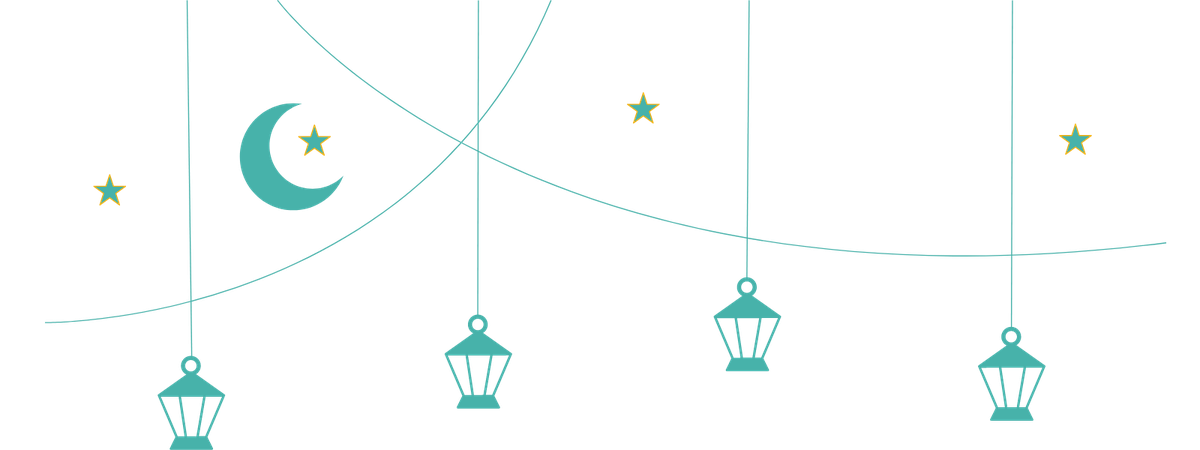Ramadhan and Domestic Abuse: Time for reflection

Ramadhan and Domestic Abuse: Time for reflection
Ramadhan brings out the beast in him. When he is fasting it’s more aggressive, if you say anything he can flare up
Across the globe Ramadhan is a month of reflection, solidarity, and bonding within the families. There is no doubt that for many it is a month of self-purification, dedication, and spirituality. However, like all religious commemorations and festivals, the holy month of Ramadhan can bring extra burdens, extra responsibilities, and chores for both women and girls. This can lead to women being overloaded in many ways especially when they are expected to wake up earlier to ensure food is ready for suhoor, (time for eating before sunrise) , to cook a wider variety of dishes inviting family and friends for iftar( time for breaking the fast at sunset) and burdened with the responsibility of cleaning and tidying up after. In many families the cultural expectations, rigorous gender roles and stereotypes continue to perpetuate a vicious cycle pushing many to a breakdown, burnout, or extreme exhaustion especially when there is ongoing coercive control and abuse happening.
In addition to this we know that even during regular days some women face the triple shift (Duncombe and Marsden, 1995). This is where women not only take on paid work and unpaid work i.e., housework but also the emotional care and wellbeing work within a household. The triple burden and multiple roles expected of women in society can heighten tensions during festival seasons which can be seen in the increase in domestic abuse and divorce cases for these periods.
The Qur’an speaks of the purpose of marriage itself as dwelling in tranquillity with love and compassion uniting the hearts of spouses (30:21). This description of marriage has no room whatsoever for any violence or harm. Yet, as we seek compassion and mercy from the Divine through this blessed month I cannot forget lived experiences, survivor’s accounts of how their partners continue to be more demanding, lackadaisical, aggressive and abusive towards their spouses, the added burden of responsibilities and expectations are heart wrenching.
From my experience of working with Muslim victim survivors, I remember cases where in one situation a young mother with a new-born baby was over-whelmed especially during Ramadhan. This survivor’s husband would find Ramadhan as an easy and relaxing escape to sleep until the afternoon making himself absent not helping with daily chores or being there for their baby simply because “he was fasting.”
I also remember a good friend who some time ago mentioned, “Ramadhan brings out the beast in him. When he is fasting it’s more aggressive, if you say anything he can flare up.”
Kindness and fairness are the essence of all scriptures and there are many passages in the Qur’an that remind and dictate this message. Let us remember during Ramadhan there will be many survivors going through ongoing abuses. Ramadhan is a reminder to think about the sanctity of human dignity and not being abusive and violent. This should start as a practice in our homes with humility and care, being mindful and being supportive. Doing house chores, looking after children, cleaning and cooking is everyone’s responsibility and is not to be considered as a “favour.”
It is indeed important to reflect that Ramadhan should not be weaponised or used as an excuse; this is spiritual abuse. Fasting does not mean that one has the right to shout, harm, abuse, shirk and ignore their responsibilities.
Most of all Ramadhan is a time to reflect on the important fact that domestic violence and any form of abuse is unacceptable, it has serious psychological and emotional impacts on victims and their children. We know that male privilege and abuse causes a lot of harm and damage, it also impacting the wellbeing and safety of women and girls.
If you are someone going through abuse, please do reach out and know there is support available.
Aasifa x
24 hour National Domestic Abuse Helpline - 0808 200 247
Muslim Youth Helpline - 0808 808 2008
Muslim Women's Network UK - 0800 999 5786 / 0303 999 5786
Juno Women's Aid - 0808 800 0340
Live Fear Free Helpline (Welsh Women's Aid) - 0808 80 10 800